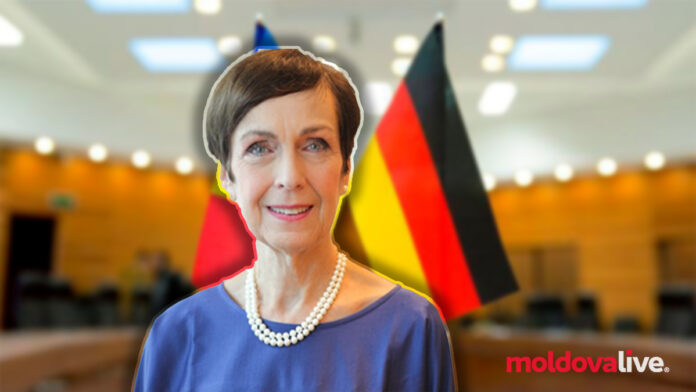In a significant development, Germany has pledged to offer Moldova a grant of almost €39 million to support projects related to renewable energy production and energy efficiency. This generous grant was announced during a meeting between the President of the Republic of Moldova, Maia Sandu, and the German Ambassador to Moldova, Margaret Jubber, on June 12. The meeting served as a platform to discuss bilateral priorities and key areas of future cooperation.
President Sandu expressed her gratitude to the German Ambassador for Germany’s continuous support in the European path of Moldova and for the presence of Chancellor Olaf Scholz at the upcoming summit of the European political community, scheduled for June 1. She underlined Germany’s role as one of Moldova’s strategic partners, emphasizing its steadfast commitment to supporting Moldova’s transformation through various projects in sectors such as agriculture, green energy, defense, public order, and the digital sphere.
This recent grant announcement follows Germany’s ongoing support for Moldova in diverse fields. In late May, the German government announced the allocation of nearly €39 million to finance projects aimed at generating renewable energy and enhancing energy efficiency. Furthermore, at the end of last year, the German government donated 30 vehicles worth approximately €2 million to the Border Police and provided 19 armored troop carriers to support the technical modernization of the National Army.
FOR THE MOST IMPORTANT NEWS, SUBSCRIBE TO OUR TELEGRAM CHANNEL!
Over the past decade, numerous development projects have been implemented in Moldovan towns and villages through the German Agency for International Cooperation (GIZ). Notable achievements include the construction of a sewage system in the village of Roșu, Cahul district, and the improvement of water and sanitation systems in the city of Leova and neighboring villages such as Jargara, Filipeni, Romanovca, and Kupcui. Additionally, energy efficiency projects in schools have been supported, with beneficiaries including the Matea Basarab Theoretical High School in Basarabeasca and the Constantin Spătaru Theoretical High School in Leova.
The grant from Germany for renewable energy and energy efficiency projects in Moldova demonstrates the deepening partnership between the two countries and signifies Germany’s commitment to supporting Moldova’s sustainable development. These investments will not only contribute to Moldova’s transition towards clean and efficient energy sources but also foster economic growth and environmental sustainability in the country.
The President and the German Ambassador expressed their shared commitment to further enhancing bilateral cooperation and exploring new avenues of collaboration in the future. The continued support from Germany will undoubtedly play a crucial role in Moldova’s journey towards a prosperous and sustainable future.



Comments are closed.